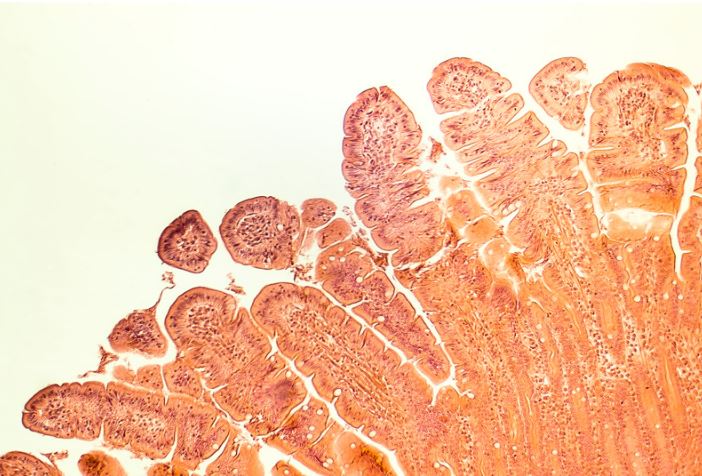Dr Simon Peake
Consultant Gastroenterologist
Specialist expertise: Endoscopy, Acid Reflux, Management of Acid-Related Disorders, Abdominal Pain, Changes in Bowel Habit, Inflammatory Bowel Disease, Gastroenterology, Gastrointestinal Medicine, Colonoscopy, Gastroscopy, Advanced Polypectomy, Polypectomy, Endoscopic Mucosal Resection, Capsule Endoscopy, Diarrhoea, Bowel Cancer, Bowel Cancer Screening, Colonic Polyps, Gastrointestinal Bleeding, Bloating.

